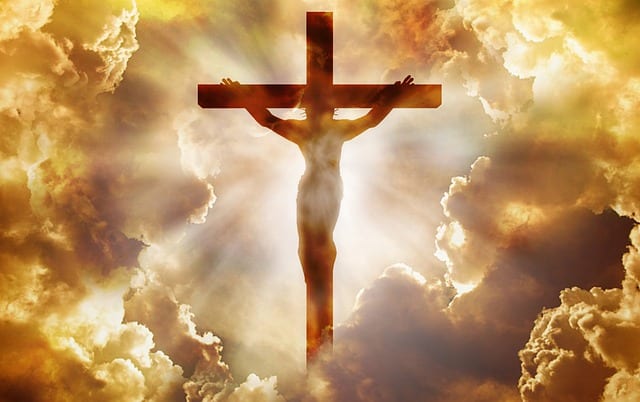
For Catholics, miracles are extraordinary events that occur through divine intervention.
A miracle is a situation, a phenomenon or an action that cannot be explained from natural principles and that, therefore, is attributed to the participation of a divine entity . The definition of the term, however, varies according to religious beliefs.
For Christians, miracles are events that exceed the natural and are a manifestation of the love that God feels for people. Although the rational verification of a miracle could prove the existence of God , Christian theologians do not believe that scientific evidence must be sought to certify the divine presence on Earth .
Different views on miracles
Catholics define a miraculous event as one that, precisely, has no scientific explanation . If it is confirmed that a miracle has been performed by a deceased person, the Vatican can proceed to beatify and canonize them.
Atheism maintains that the postulation of miracles is linked to a lack of common sense . According to this position, it is not about a supernatural intervention, but about events that escape human understanding due to lack of knowledge and information .
Science , for its part, limits itself to stating that the participation of an all-powerful entity in the physical world cannot be analyzed using the scientific method since it is not possible to verify the existence of God through experiments or trials.
For everyday language, meanwhile, a miracle can be any type of surprising, wonderful or unusual event .

In colloquial language, something wonderful is called a miracle: that is why it is often said that a birth is a miracle of life.
Some authors who defined the term
According to the philosopher Karl Popper, miracles are events that cannot be understood through the scientific method because they are the result of a supernatural phenomenon. However, he points out that there are events that cannot be proven through natural laws, but that have not been produced by a supernatural agent either.
For his part, the psychiatrist Sigmud Freud observes that it is necessary to criticize any belief that tries to banish objectivity from our lives; Since the origins of the world, certain religions have tried to usurp the terrain of the objective, arguing that those events that do not have an ordinary explanation are carried out by a superior being . Freud assures that it is necessary to eliminate the concept of miracle from our societies and search for impartial results by all possible methods.
Other scientists, when saying that miracles do not exist, rely on one of the main requirements for something to "be" in the field of science, and that is that it can be demonstrated through logic .
Miracles, facts without rational explanation
A miracle, in short, is a fact that for believers cannot be explained objectively and therefore it is necessary to continue investigating until such an explanation is found, and for believers it is an action carried out by a specific god, in order to show your faithful your love and feed your faith . That said, we can conclude that this concept does not refer to an event in itself, but to the way in which said event is analyzed.
Finally, we can add as an interesting fact that, with regard to the Catholic Church, miracles are essential events to proclaim some of its deceased faithful as saints, and it seems to be a way in which they seek to add followers to their ideology. . It is enough to know that during the 25 years that John Paul II's papacy lasted, around 2,000 beatifications and canonizations were proclaimed, and that his predecessors, to declare only a few hundred, needed several centuries to pass.
If we take into account that in recent years the number of lay people in the clergy has decreased, we can say that this fact consists of a strategy to recruit more believers . The irony of this fact is that this religion is considered monotheistic and in reality the saints are treated as pagan gods .
